Unlocking the Spiritual Power: Ayat al-Kursi’s Significance in Islamic Teachings
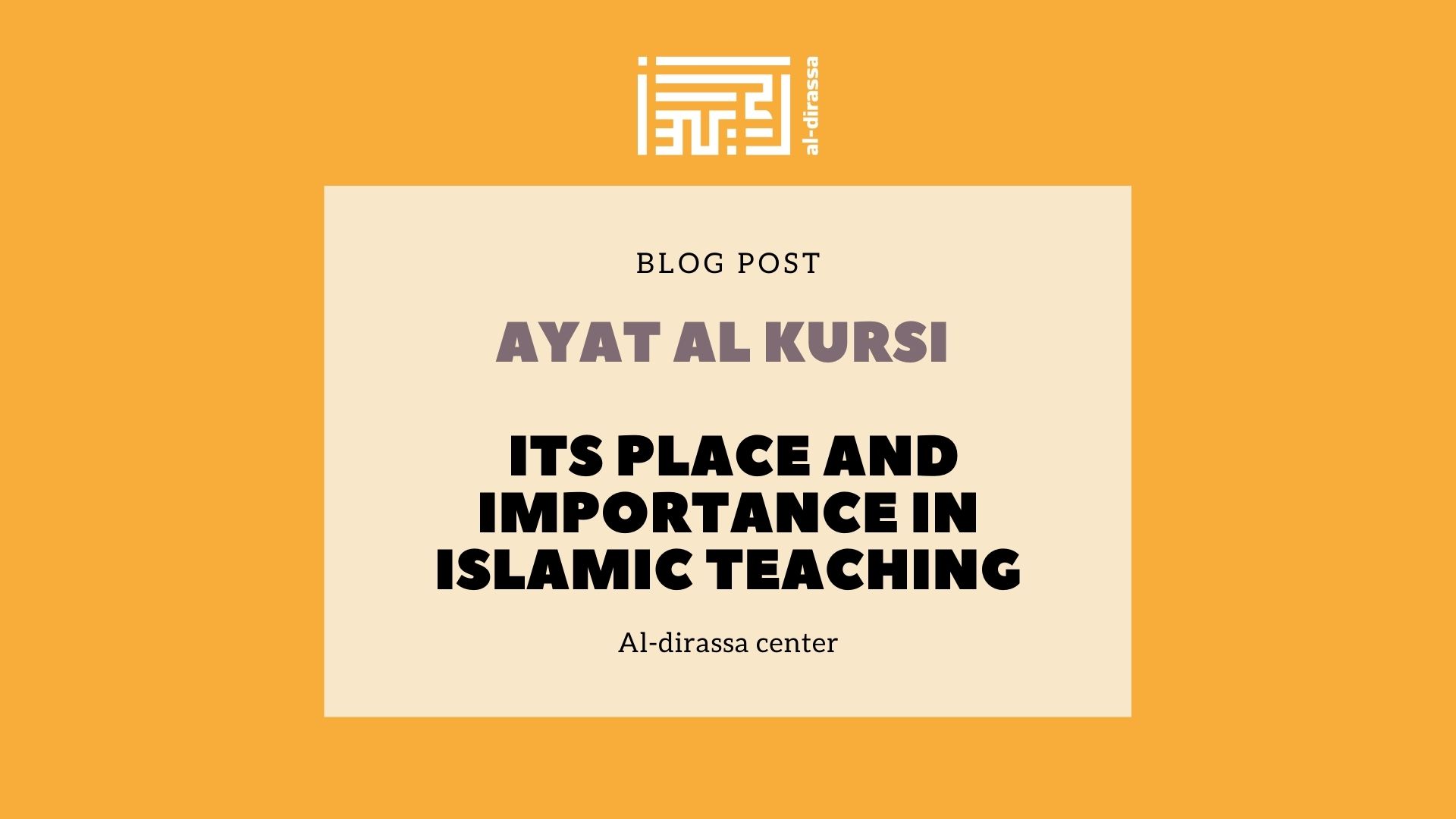
Unlocking the Spiritual Power: Ayat al-Kursi’s Significance in Islamic Teachings The Significance of Ayat al Kursi in Islamic Faith In the rich tapestry of Islamic teachings, certain verses stand out as beacons of divine wisdom and power. Ayat al Kursi, found in Surah Al-Baqarah (Verse 255), is undoubtedly one such luminous gem. Muslims worldwide hold […]
Unveiling the Essence of the Holy Qur’an: A Comprehensive Guide
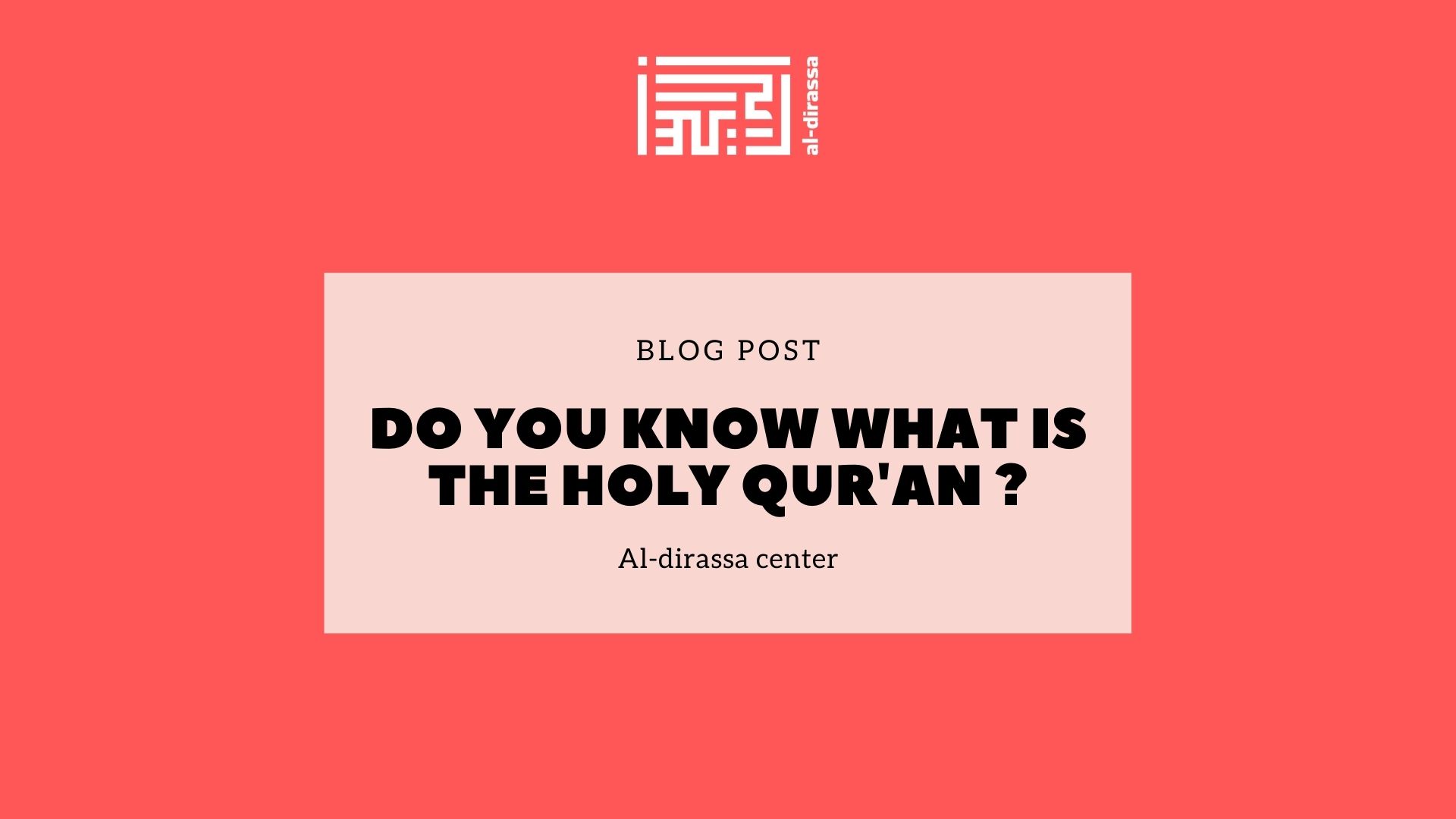
Unveiling the Essence of the Holy Qur’an: A Comprehensive Guide The Holy Quran: Revelation, Compilation, and Significance The Quran, the fourth and final sacred book of Islam, holds a unique and profound place in the hearts of millions of Muslims worldwide. It was revealed by Allah to the Prophet Muhammad (PBUH) and serves as a […]
Mastering Quran Study: 11 Essential Tips for Beginners
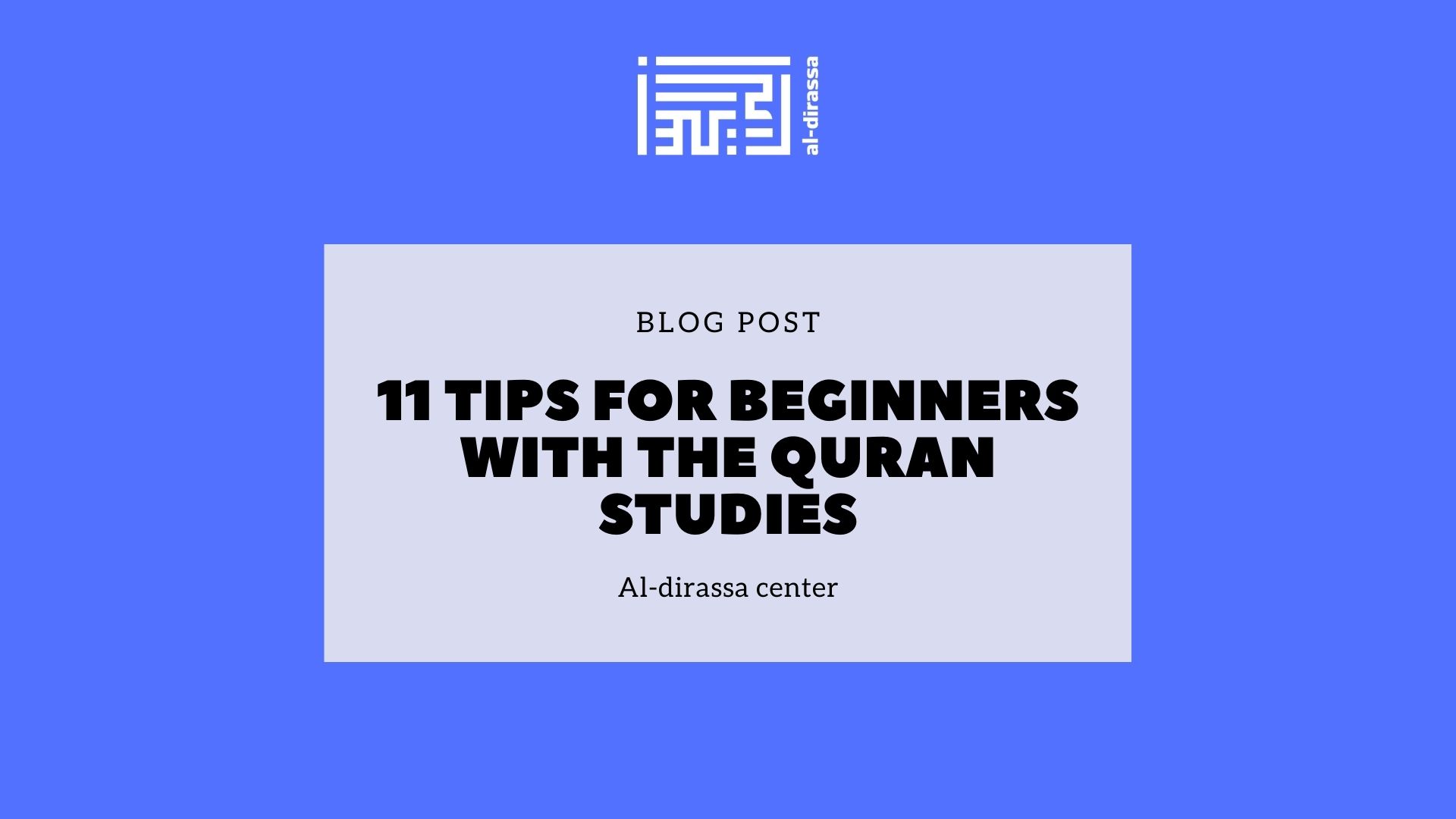
Mastering Quran Study: 11 Essential Tips for Beginners Introduction Embarking on a journey with the Quran as a beginner is a profound undertaking, often requiring significant lifestyle adjustments. In this quest for guidance on initiating this sacred relationship, we understand that reshaping our daily routines, time management, and even our relationships may be necessary. The […]
Unlocking the Quran’s Revelation: Its Story and Unique Characteristics
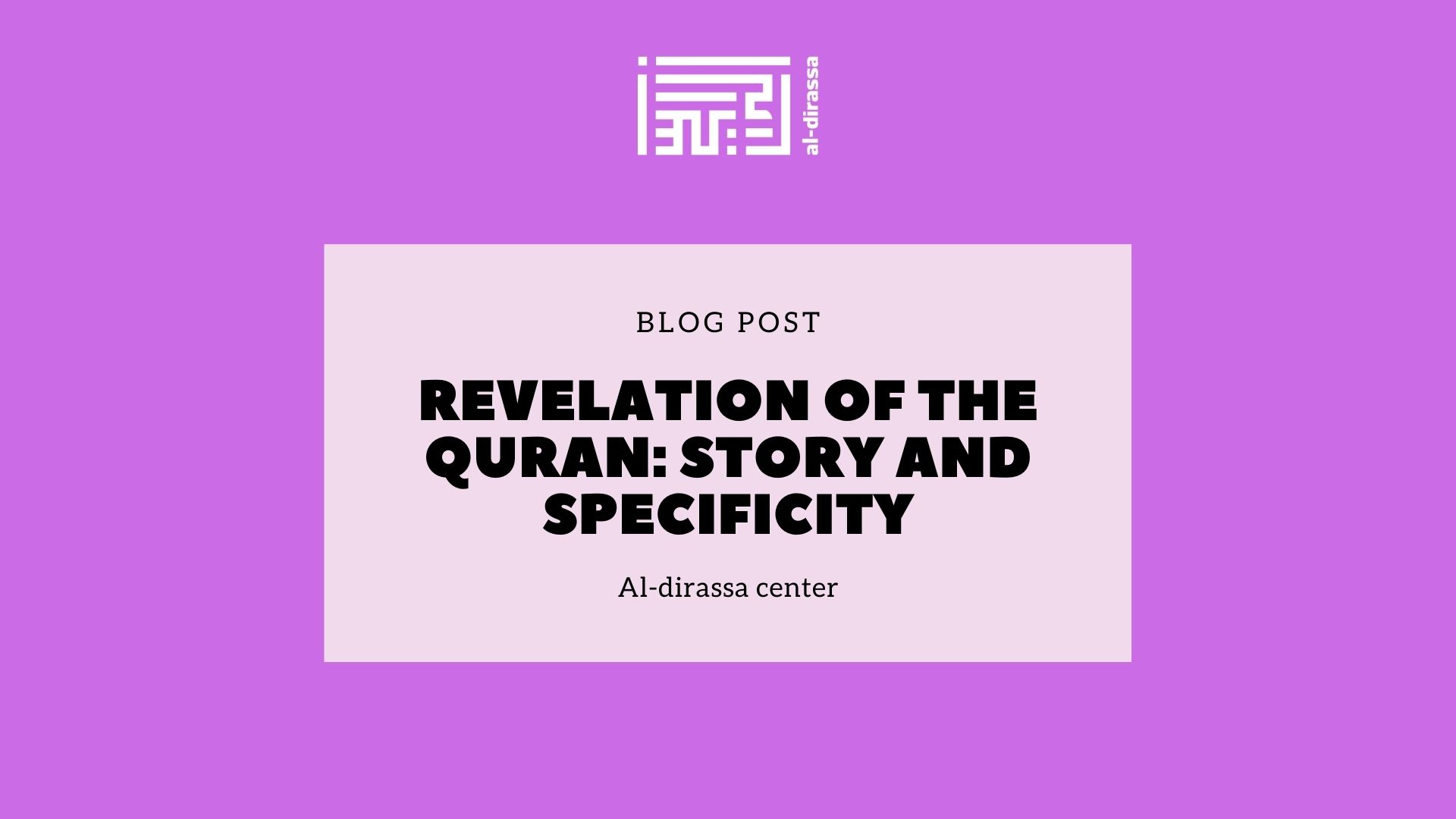
Unlocking the Quran’s Revelation: Its Story and Unique Characteristics In the realm of Islamic theology, the concept of “wahy” holds profound significance. Derived from the Arabic language, “wahy” denotes a secret form of communication, often used by Allah (God) to convey His guidance and knowledge to His chosen servants. This divine inspiration, although mysterious and […]
Surah kahf benefits| The Cave Surah – Its merits and benefits
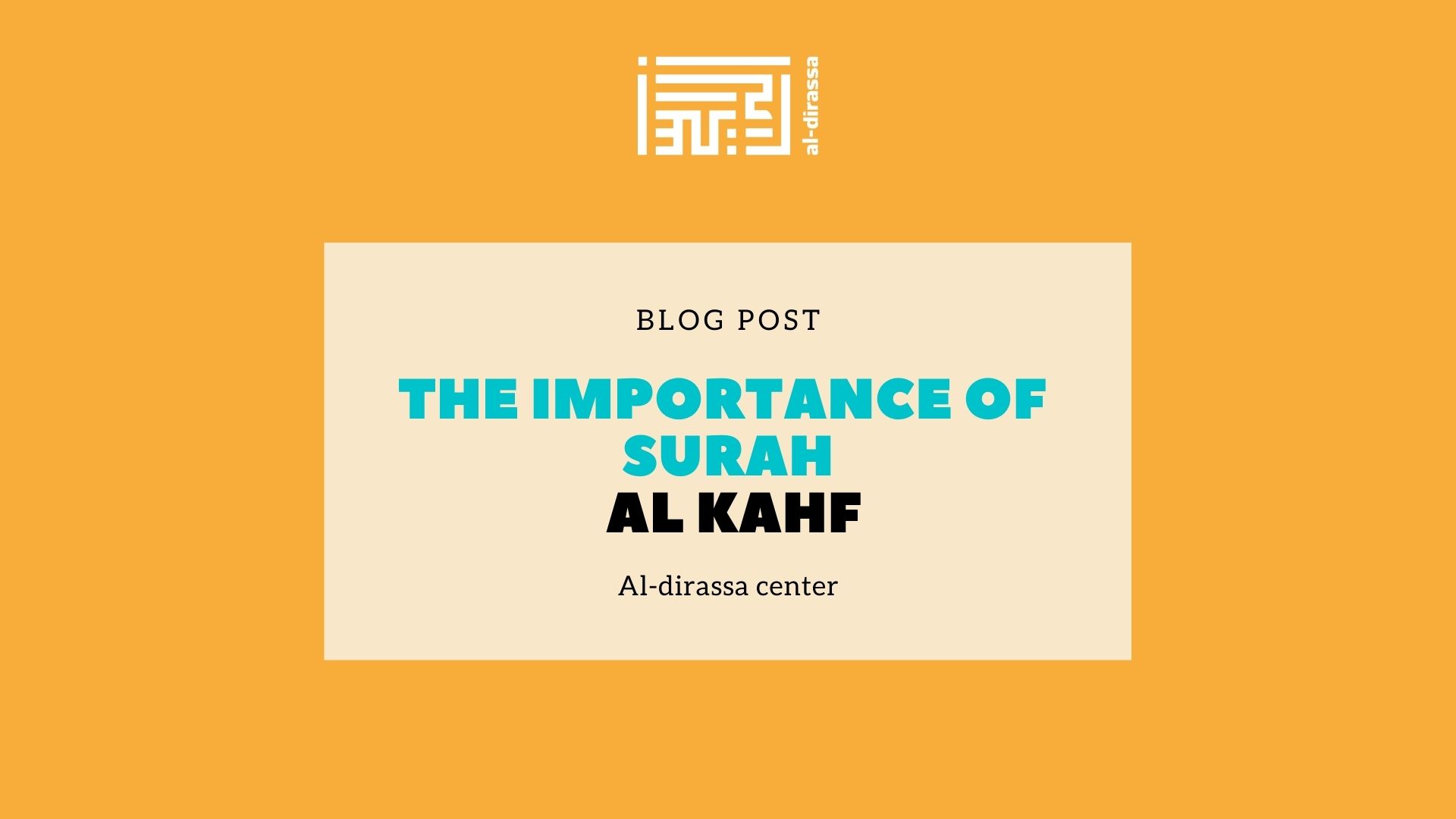
The Importance of Surah al Kahf – the Cave It is a well-known tradition that the beloved Prophet Muhammad (peace be upon Him) exhorted Muslims to recite Surah Kahf every Friday. This sacred Surah not only offers protective blessings but also contains four consecutive stories, directly communicated by Allah the Almighty to the Prophet (PBUH). […]

